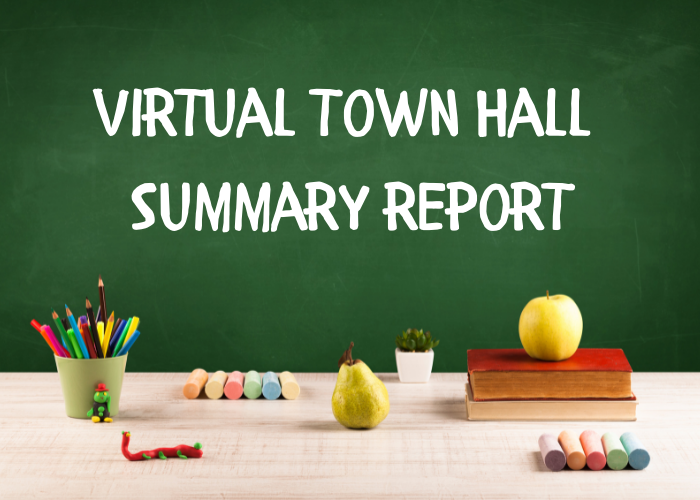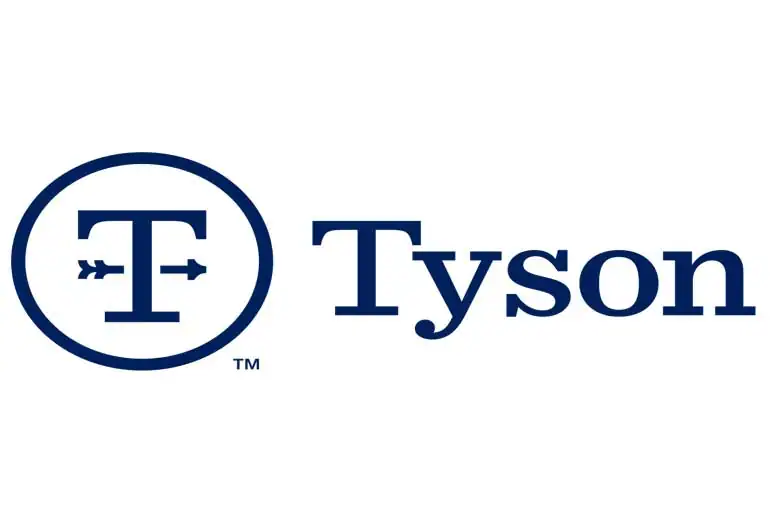The Tennessee Education Funding Review and What it Means for Early Education:
A virtual town hall with Commissioner Penny Schwinn
Event overview
On January 6, 2022, Tennesseans for Quality Early Education (TQEE) hosted a virtual town hall about the Tennessee public education funding review and what it means for early education.
More than 120 early learning advocates joined the meeting live to hear from Tennessee Department of Education Commissioner Penny Schwinn as she delivered remarks on the funding review process and answered questions from TQEE President and CEO Blair Taylor. A recording can be found here.
Following Commissioner Schwinn’s remarks, attendees participated in one of seven breakout sessions and provided their feedback on what they feel the funding priorities should be for Pre-K through third grade. Attendees were also encouraged to submit their feedback directly to TDOE at tnedu.funding@tn.gov.
While the success of our students requires a commitment to students at all grade levels, it becomes particularly important to focus on effective financing of early education Pre-K through third grade. Research has repeatedly shown that the first eight years of a child’s life are a critical development period, and third grade is widely acknowledged as a benchmark year that determines future academic success. Yet more than two-thirds of Tennessee’s third graders are not proficient in reading or in math. When children aren’t proficient by third grade, they tend to stay or fall further behind. Plus, they’re four times more likely to drop out of high school and 60 percent less likely to pursue a post-secondary degree.
Feedback summary
Feedback from participants revealed several themes and calls to action which are outlined below.
Expand the voluntary Pre-K program to allow every 4-year-old the option to attend.
It was noted time and time again that access and funding for the state’s voluntary Pre-K program must be expanded to ensure that all children are kindergarten ready. In addition to Pre-K expansion, participants emphasized the importance of the quality of the program, with several encouraging the state to consider defining what is meant by “kindergarten ready.” A number of comments were also made about broadening the sphere of Pre-K to ensure 3-year-olds may attend as well.
Prioritize funding for physical and mental health of students.
The physical and mental health of students has always been of critical importance, but we heard from attendees that it is now even more so considering the pandemic and other stressors children are facing. Feedback called for the department to consider funding for the following as it relates to physical and mental health:
- Hire more school nurses (1 per school or 1:750) and mental health counselors.
- Provide trauma-informed trainings for teachers and families.
- Ensure parents get resources to support children’s physical and mental health at home, in addition to schools being equipped to offer support on campus.
- Implement Pyramid Model as framework to promote healthy social and emotional development.
Increase support services for students, especially those who are falling behind.
While town hall participants highlighted the need for increased academic support services for all students, they encouraged the department to prioritize services for those students who are falling behind or who are otherwise disadvantaged or at-risk, including but not limited to English language learners and students with special needs and learning disabilities.
Participants emphasized the particular importance of early literacy and math, and highlighted the need for increased tutoring opportunities (both during the school year and the summer) to help those falling behind. Additionally, there was resounding agreement that student/teacher ratios need to be reduced.
Provide more family resources and wrap-around support services.
It was broadly acknowledged by participants that parents are their children’s first teachers and that having a true partnership between caregivers at home and teachers at school is imperative to overall student success. The following were highlighted as action items to prioritize:
- Hire more social workers and parent engagement coordinators.
- Ensure greater access to child care outside of school hours (i.e. before and after care).
- Provide more academic resources that parents can use at home to enhance what kids are learning in the classroom.
- Ensure access to reliable transportation to and from school. (Several cited current issues with bus system and lack of drivers.)
- Provide more resources that help families lay foundation for age-appropriate learning at home even before Pre-K, with acknowledgement that learning begins at birth.
Prioritize educator recruitment and retention efforts.
Overwhelmingly, we heard that our early educators need to be paid higher salaries – both to attract them to be teachers and to retain them in their positions. Several mentioned the difficulty in retaining talented and degreed teachers at a time when they can work in other industries that require lower qualifications (i.e. warehouse, food, etc.) and receive higher pay. In addition to addressing compensation as part of the funding formula, participants voiced the need for more professional development and coaching opportunities for teachers.
Conclusion
Many of the priorities referenced by our town hall participants are in line with what other Tennesseans want too, as evidenced by the results of a recent survey conducted by TQEE.
The survey found:
- 87 percent believe we should increase state funding for the Voluntary Pre-K program so that any 4-year-old whose parents want them to may attend.
- 90 percent support increased investments in school nurses to improve kids’ health and reduce chronic absenteeism.
- 91 percent support increased investments in school counselors to help children struggling with mental health challenges.
- There is overwhelming support for increased state funding to develop early literacy (91%), early math (92%) and “early workforce skills” (91%) Pre-K through third grade.
We look forward to continuing to work alongside dedicated leaders, elected officials, early education advocates, parents and other stakeholders to build a better educational foundation on which all our children can stand. An updated school funding formula that prioritizes Pre-K through third grade is an important next step.





